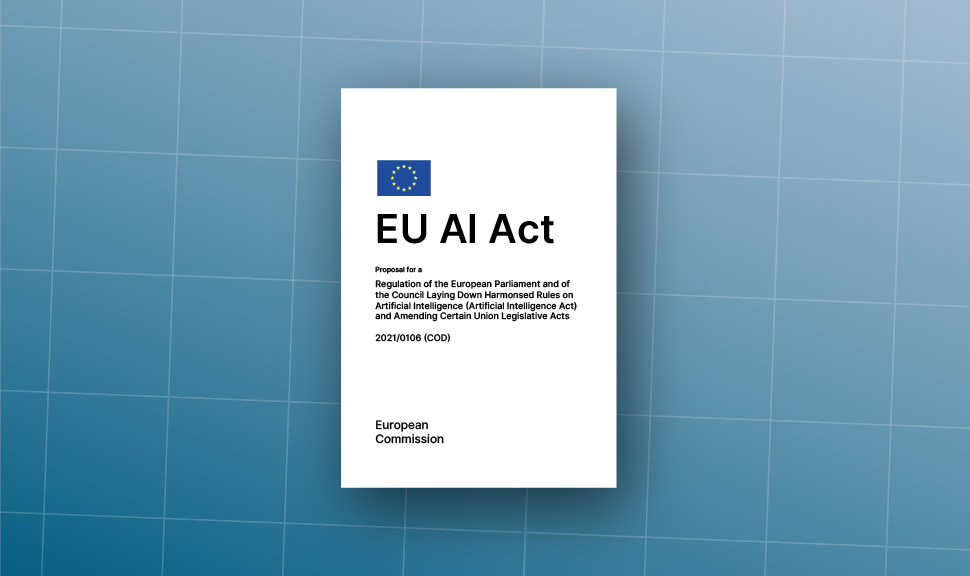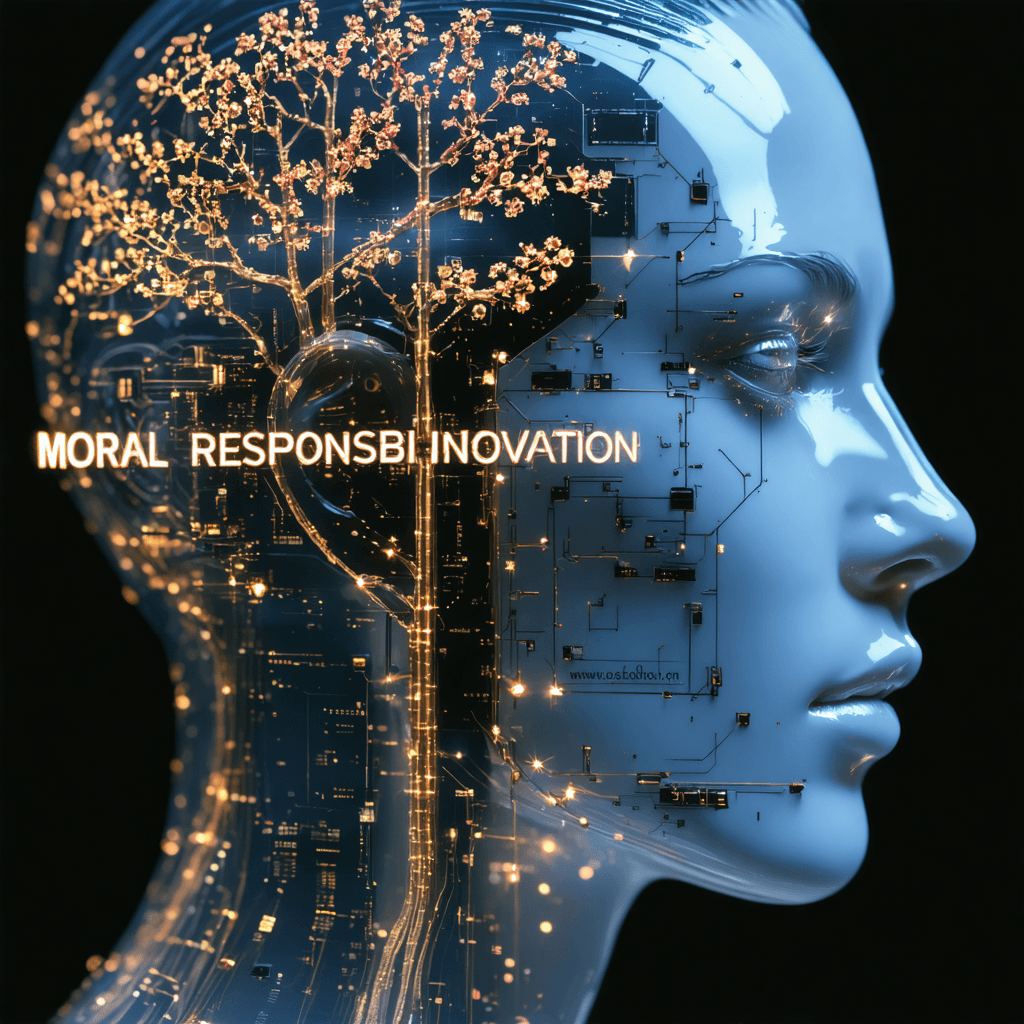AI Ethics 2026: The Hidden Battle Between Innovation and Moral Responsibility
As we stand at the precipice of 2026, the artificial intelligence landscape presents an intricate web of innovation and ethical considerations that demands our immediate attention. The rapid advancement of AI technologies has sparked a crucial debate about balancing technological progress with moral responsibility, creating what many experts now call the hidden battle of our time.
The Current State of AI Ethics
The artificial intelligence sector has witnessed unprecedented growth and transformation since the landmark EU AI Act implementation in August 2025. According to recent developments, the European AI Office has established seven fundamental guidelines for General Purpose AI (GPAI) providers, marking a significant step toward regulated innovation. These guidelines represent the first comprehensive framework for ethical AI development on a continental scale.

The Three Pillars of Responsible AI Development
1. Transparency and Accountability
In the current landscape, transparency has emerged as a non-negotiable aspect of AI development. Organizations must now provide clear documentation of their AI systems' decision-making processes, ensuring that stakeholders can understand and scrutinize these processes effectively.
2. Fairness and Bias Mitigation
Recent studies have highlighted the critical importance of addressing algorithmic bias. Companies are now required to implement robust testing frameworks to identify and eliminate potential biases in their AI systems, particularly in high-stakes applications such as healthcare and criminal justice.
3. Privacy and Data Protection
With the increasing integration of AI in daily life, privacy concerns have taken center stage. The latest regulations mandate strict data protection measures, requiring organizations to implement privacy-by-design principles in their AI solutions.
Healthcare: A Critical Battleground
The healthcare sector has become a crucial testing ground for ethical AI implementation. Recent research published in medical journals highlights the delicate balance between innovation and patient safety. Healthcare providers must now navigate complex ethical considerations while leveraging AI's potential to improve patient outcomes.

The Corporate Responsibility Framework
Organizations developing AI systems must now adhere to a structured responsibility framework that includes:
- Regular ethical audits
- Stakeholder engagement programs
- Transparent reporting mechanisms
- Continuous monitoring and assessment
- Environmental impact considerations
The Role of Education and Training
As AI systems become more sophisticated, the need for comprehensive education and training programs has never been more critical. Organizations must invest in developing their workforce's AI literacy and ethical decision-making capabilities.
Future Challenges and Opportunities
Looking ahead to 2026 and beyond, several key challenges and opportunities emerge:
Challenges:
- Balancing innovation speed with ethical considerations
- Ensuring global coordination in AI governance
- Addressing the AI skills gap
- Managing the environmental impact of AI systems
Opportunities:
- Enhanced decision-making capabilities
- Improved resource allocation
- Better healthcare outcomes
- More personalized user experiences
The Path Forward
The journey toward ethical AI development requires a collaborative approach involving multiple stakeholders:
- Governments: Establishing and enforcing regulatory frameworks
- Corporations: Implementing responsible AI practices
- Academia: Conducting research and developing ethical frameworks
- Civil Society: Providing oversight and advocacy
Practical Steps for Organizations
To navigate this complex landscape, organizations should:
- Establish clear AI ethics guidelines
- Implement robust testing and validation procedures
- Invest in continuous employee training
- Engage with stakeholders regularly
- Monitor and adapt to regulatory changes
Call to Action
Ready to deepen your understanding of AI ethics and responsible innovation? 01TEK offers comprehensive courses and resources designed to help you navigate the complex landscape of AI ethics. Whether you're a developer, business leader, or policy maker, our expert-led programs will equip you with the knowledge and tools needed to build and implement ethical AI solutions.
[Explore our AI Ethics courses and certification programs at 01TEK today]
Sources: 1. UNESCO AI Ethics Guidelines 2. EU Artificial Intelligence Act Updates 3. Coursera AI Ethics Guide 4. European Commission AI Strategy 5. Healthcare AI Ethics Study
You miss 100% of the shots you don’t take.
Wayne Gretzky



